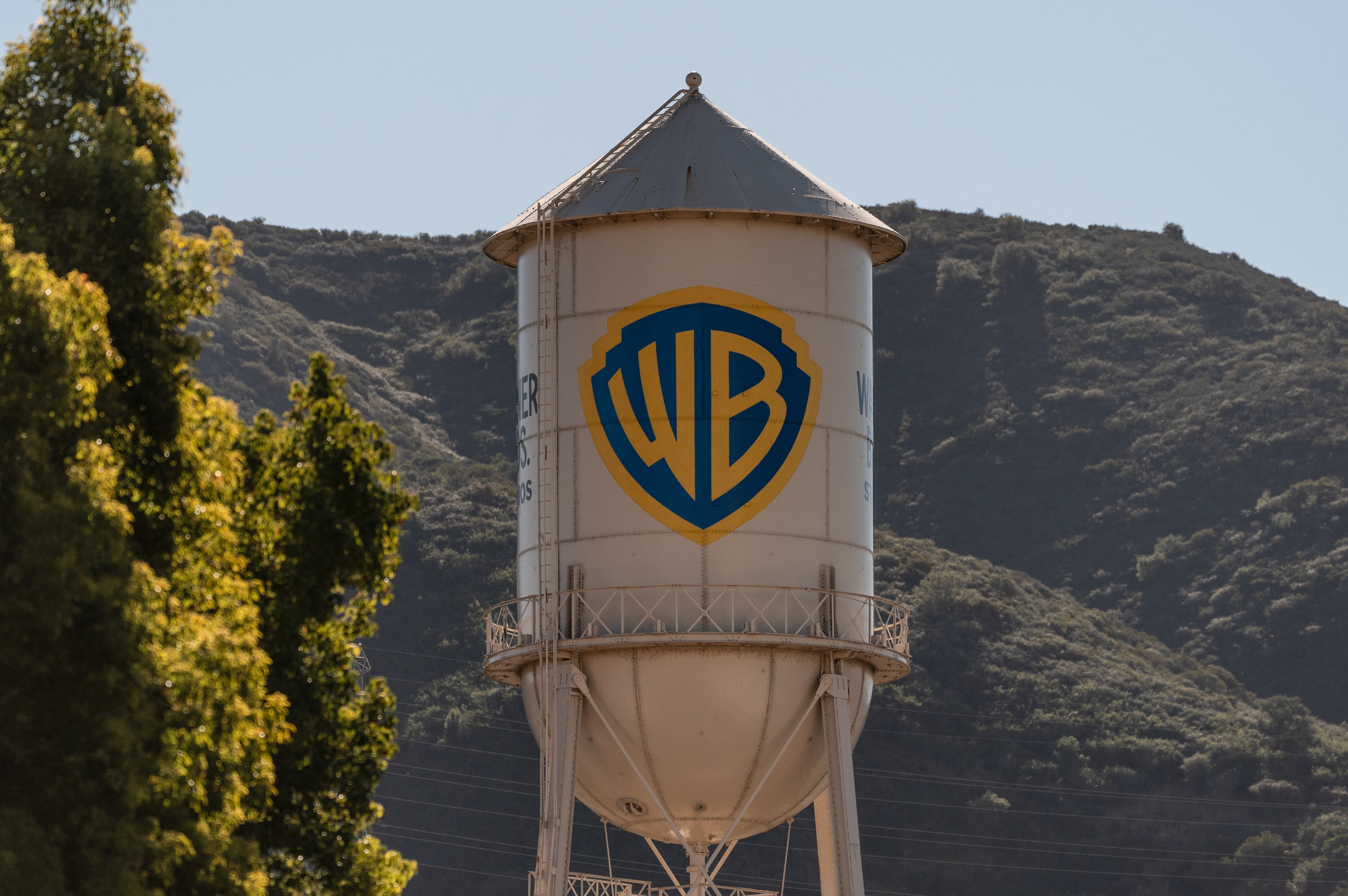3 questions facing ‘impatient rascal’ John Kasich
With the final debate of 2015 in the bag, Ohio Gov. John Kasich’s presidential campaign has hit crunch time.
Without new momentum, he won’t become president. With it, he has a shot.
A solid debate performance Tuesday night helped, but didn’t provide the breakout moment he needed.
Kasich is hoping to gain momentum by New Hampshire’s Feb. 9 primary, upon which he’s staked his campaign. He’s currently polling at about 7% among likely GOP voters in the state, essentially in a statistical five-way tie for third place behind Donald Trump and Marco Rubio.
That leaves Kasich to answer three questions:
1. Which Kasich will we see in 2016?
Kasich’s tone on the campaign trail started out cheery, playful and fun-loving. Tell-it-like-it-is, as Ohioans know him to be, but with a sense of humor.
In late October, Kasich decided to fight what he views as “crazy” ideas from candidates dominating polls, especially Trump and Ben Carson. He blasted his way into the next two GOP debates with the full force of his combative streak, ultimately getting booed when he clashed with Ted Cruz in the Milwaukee debate last month.
The Kasich who showed up to debate Tuesday night was somewhere in the middle — willing to call out rivals, but willing to wait his turn. Exhorting more than attacking.
As voters have gotten to know Kasich, especially in New Hampshire, negative opinions of him have spread. His net favorability rating – the percentage of GOP primary voters who have a favorable opinion minus the percentage of those who view him negatively – has fallen from 21 points in September to 1 percentage point this month, according to the University of New Hampshire Survey Center.
“I think he needs to talk more positively, talk about what he has done and what he can do,” instead of attacking opponents, said Andrew Smith, director of the Survey Center.
The political action committee supporting Kasich, New Day for America, has its own solution: It launched a New Hampshire commercial Wednesday calling Kasich “an impatient rascal” — the kind of person, the commercial says, it will take to “bring America back.”
2. Is this the right year for Kasich’s message of experience and pragmatism?
Still, Kasich’s growing negative perception may stem more from his moderate message.
“He’s been trying to be aggressively bipartisan, and that’s kind of not where the Republican electorate is,” GOP consultant John Feehery said. “He’s trying to be aggressively responsible, and that doesn’t seem to be resonating that much in the polls.”
Kasich returned to that “can’t we all just get along?” message Tuesday, pleading with debate viewers to consider what kind of candidate might win Ohio, the quintessential swing state, in the general election.
But right now, many GOP voters don’t want to compromise with Democrats. They want to talk about terrorism, not budgets or the economy, which is Kasich’s specialty. And to many voters, Kasich’s 18 years in Congress, from which he draws his national security experience, seems like it happened in another era, Smith said.
Mainstream, establishment candidates traditionally have won New Hampshire’s Republican primary. And a majority of Granite Staters tell pollsters they haven’t made their final candidate choice yet. After all, half of all voters in the last two New Hampshire primaries hadn’t made up their minds by the Sunday before Election Day.
So voters are likely to swell behind a few candidates in the last days before the primary.
But a crowded field could make the task more difficult for establishment candidates hoping to defeat Trump, Feehery said. And therefore for Kasich.
3. Can Kasich gain momentum without a breakout debate?
The cluster of candidates also seems to limit the prospect that Kasich can create the magic he needs through a debate. Even with his stronger performance Tuesday, Cruz and Rubio took much of the focus, along with Christie and even Bush.
“It’s fairly hard to do a breakout debate in this circumstance,” said Tom Rath, a longtime New Hampshire politico who is advising Kasich.
But the Ohio governor and his staff say his busy town-hall-meeting schedule in New Hampshire and their efforts to identify and turn out voters inclined to support Kasich will pay off, regardless of his debate performance or polling status. Plus, Rath said, the campaign will likely run television ads to complement those from the political action committee that supports Kasich.
Debates aren’t the way to gain momentum in New Hampshire, said Kasich’s campaign strategist, John Weaver. “Our opportunities in New Hampshire are right in front of us,” Weaver said. “We have the best organization. We have the hardest-working candidate, and we have the right message for New Hampshire.”
“I just need to be on the ground and keep doing town halls,” Kasich said. “We’re going to do well.”

